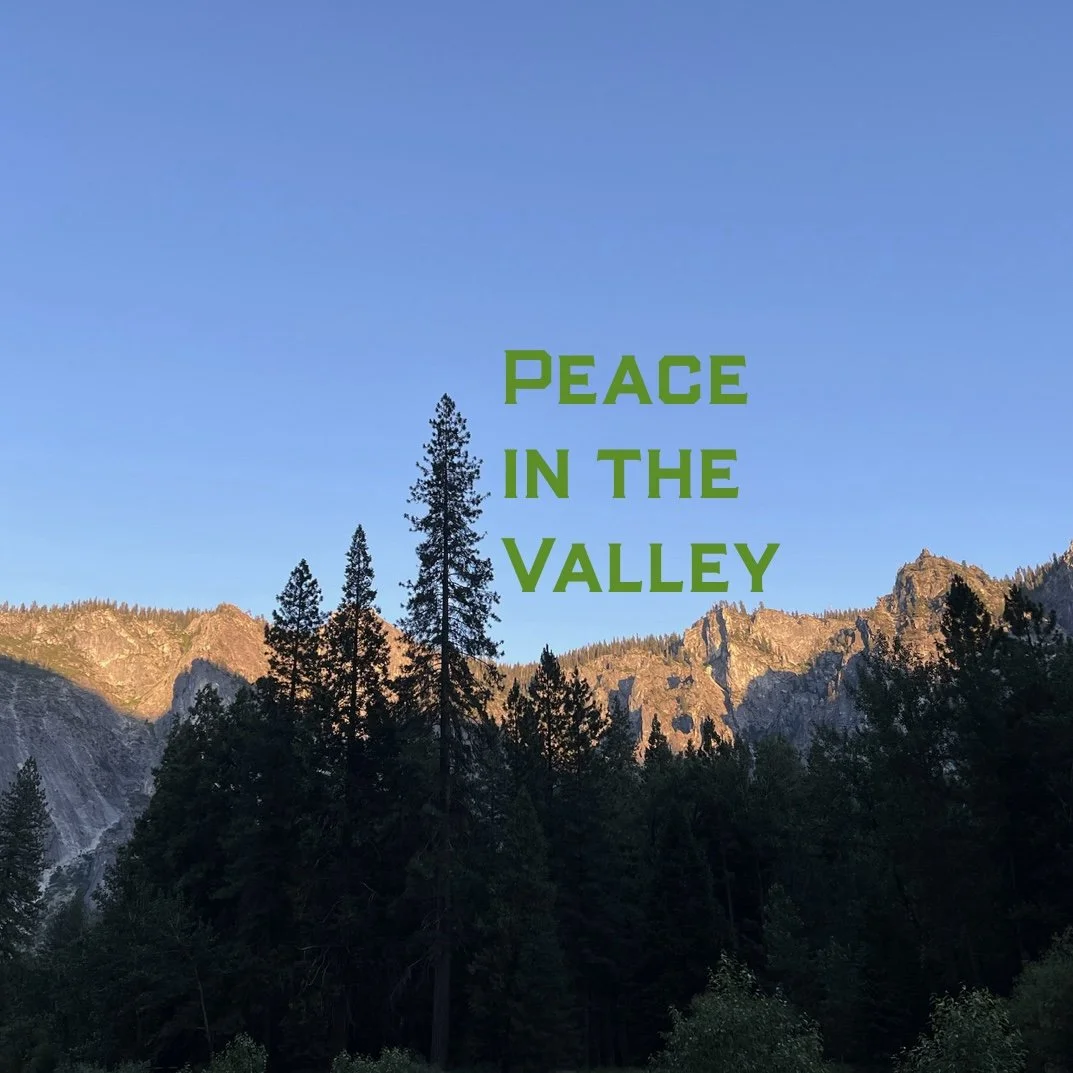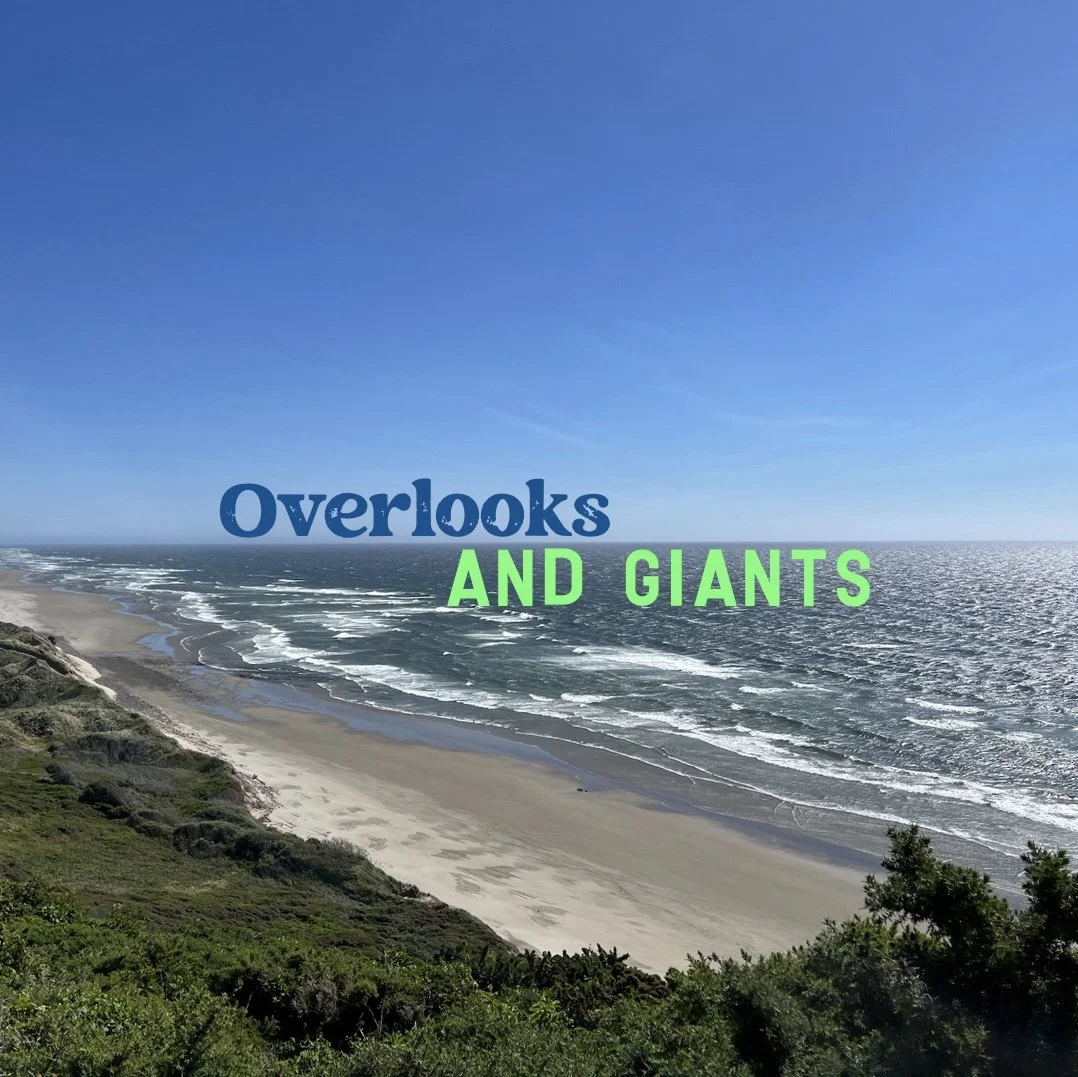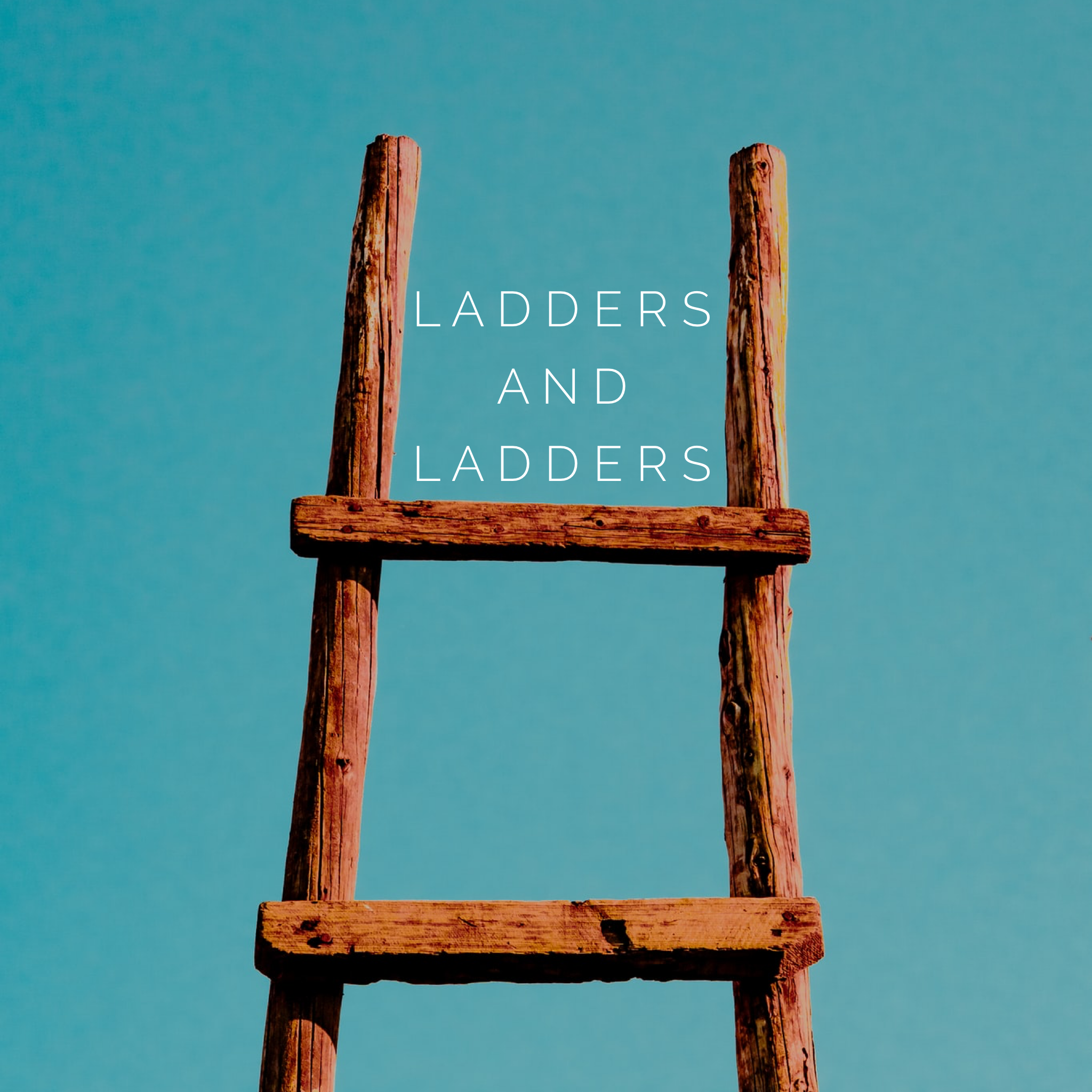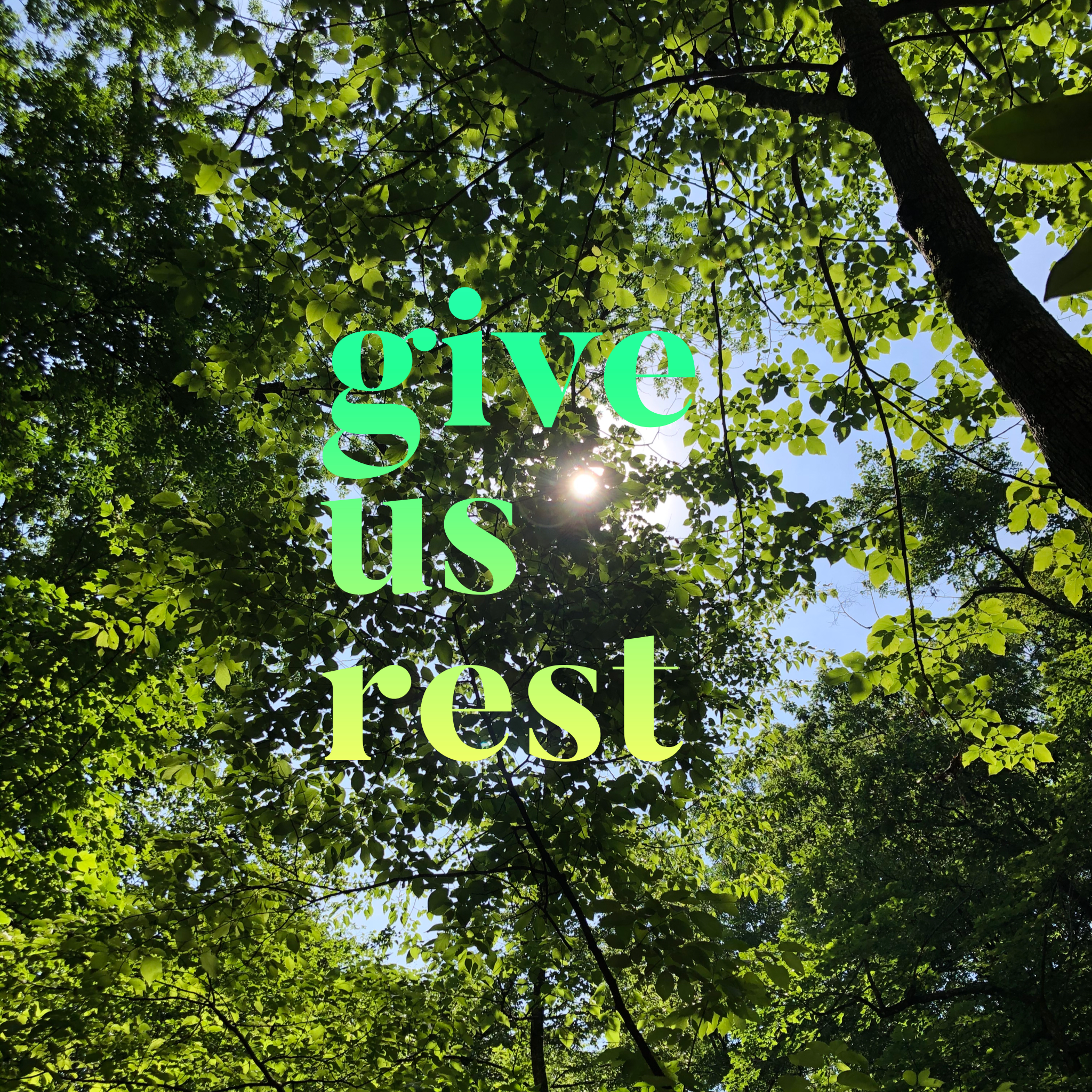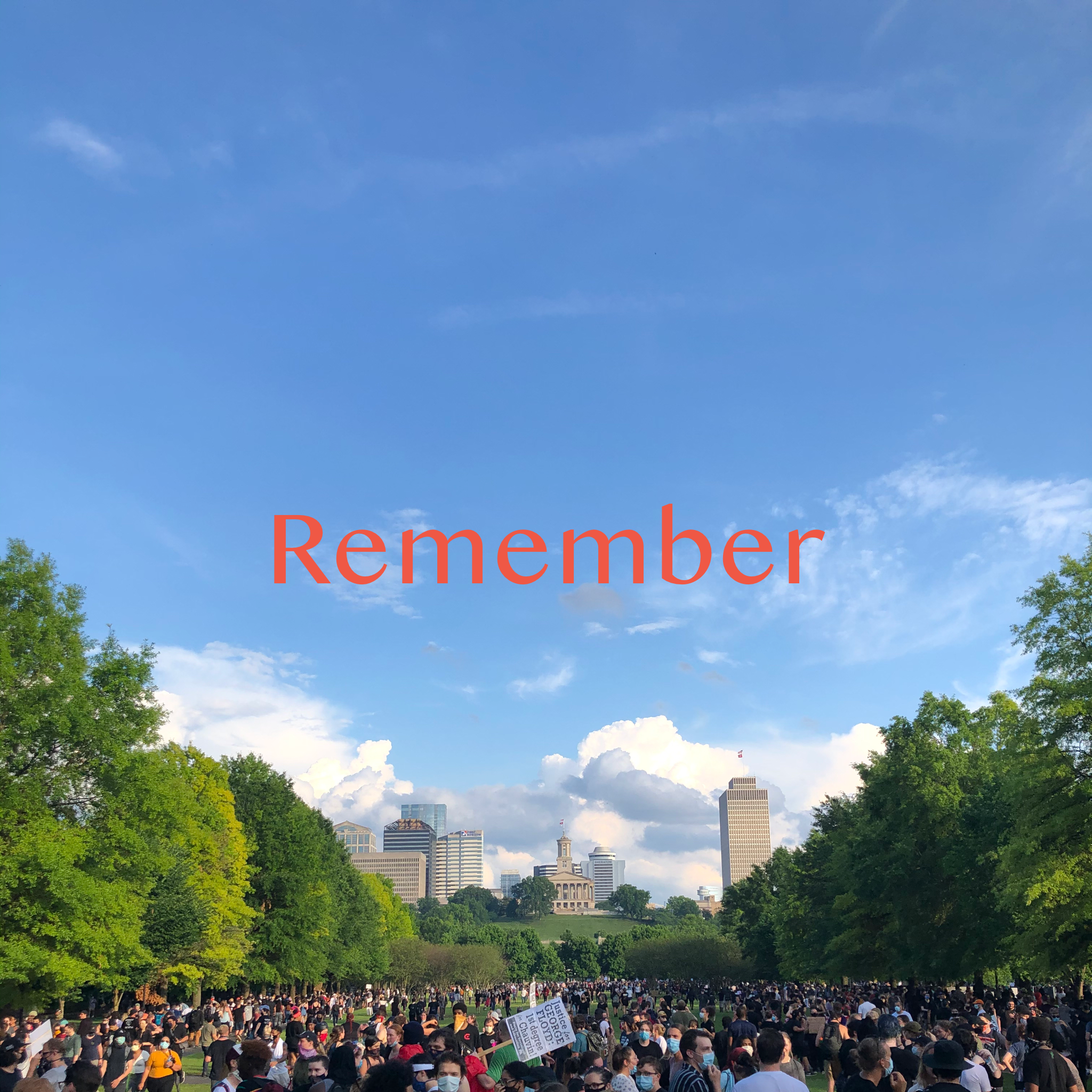The mustard seed was not a welcome addition to a garden. Yes, it was a tiny seed that grew to be a shrub so great that it was like a tree. But it was like a weed. You couldn’t get rid of it easily. Pliny the Elder said that when you tried to kill the mustard seed plant it would release more seeds into the ground. It kept coming back.
And those birds of the air that came to make nests in its branches? They would eat the crops of one’s garden or field. So if you were a farmer or gardener—a person with means—the mustard seed was not necessarily an enticing image of God’s community. It would actually be unsettling because the mustard seed plant brought disruption.
That Jesus would compare the kingdom of heaven to such plantarchy might be confusing to some. Within the cultural imagination the church is a prim and proper model of order and the status quo. Faith is a tidy little garden within one’s life that a person maintains on Sundays and maybe Wednesdays. It is an asset in becoming a better, more successful individual. It is an institution that advocates for how things have been.
Yet Jesus is implying something different here. God’s community takes everything over. It disrupts. It provides a home for the orphans of the air. It invites everyone in. People will try to uproot it and yet it keeps coming back. To borrow a popular phrase about truth-telling, it afflicts the comfortable and comforts the afflicted.






